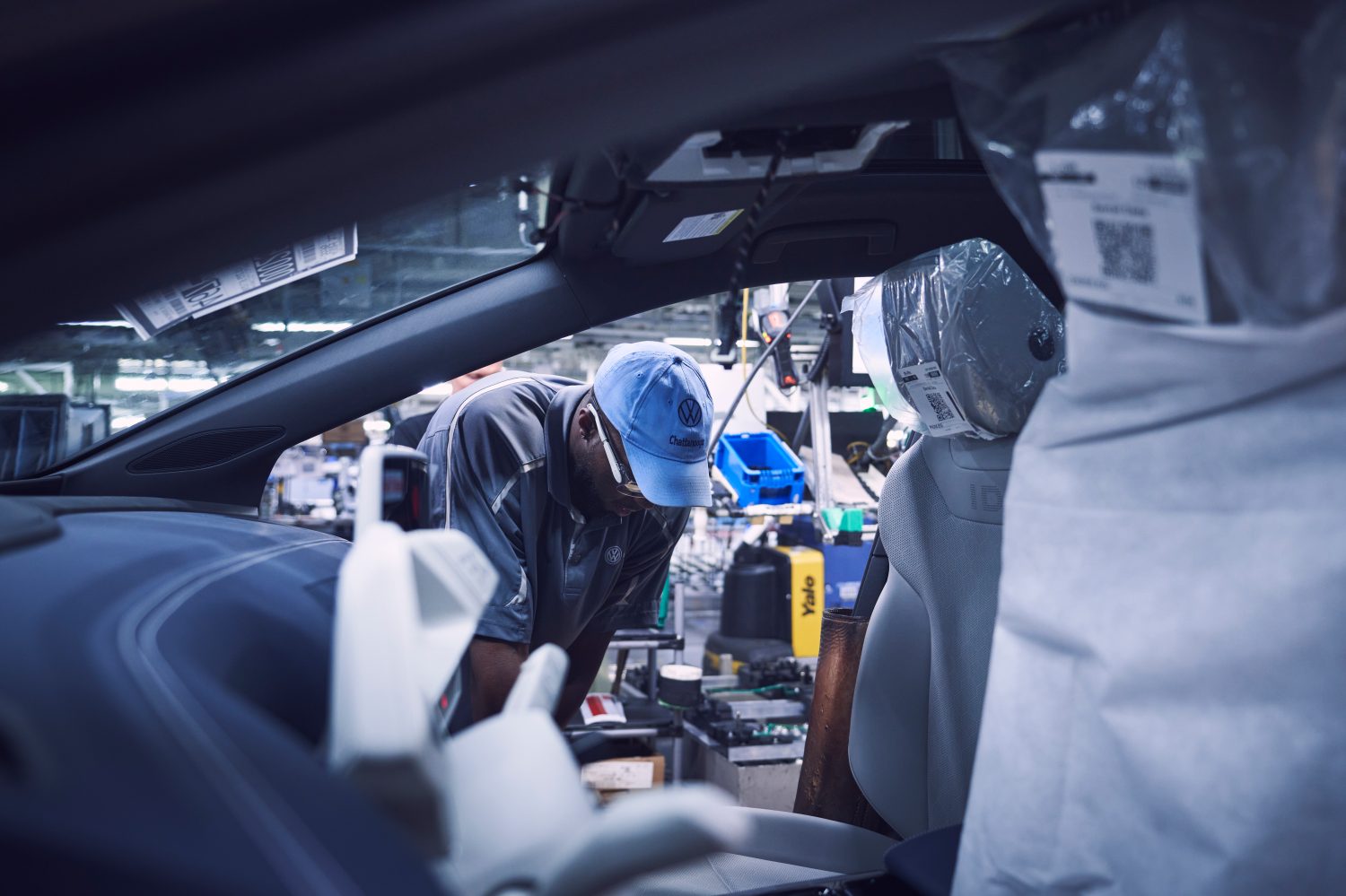
The US government has released guidance that will make it harder for EVs to qualify for the full $7,500 tax credit if their batteries contain Chinese components or minerals.
New guidance for EV tax credits
A couple of days ago, Electrek reported that the US government was reportedly discussing granting automakers a temporary reprieve from the proposed restrictions on EVs containing Chinese battery parts or minerals – but that did not materialize.
The Treasury Department and the Internal Revenue Service stated today on its website:
Under the excluded entity restriction, vehicles are not eligible for the clean vehicle credit if the battery contains battery components manufactured or assembled or applicable critical minerals extracted, processed, or recycled by a foreign entity of concern (FEOC).
An FEOC is a company that’s owned or controlled by a named foreign government – that is, China, North Korea, Russia, and Iran. So, of course, the US government is talking about China in this case. A company will also be ineligible if it exceeds a 25% FEOC ownership threshold.
The US still depends heavily on Chinese battery components and minerals as it ramps up its own production. Today’s guidance, which was expected as it’s required by the Bipartisan Infrastructure Law and the Inflation Reduction Act, is designed to spur domestic manufacturing further and thus strengthen US supply chains.
Albert Gore, executive director of the Zero Emission Transportation Association, said about today’s announcement in a statement:
The past few years have seen record investment in the EV supply chain… Today’s announcement supports those investments, ensuring that the most valuable parts of the supply chain are manufactured in the United States, creating good-paying American jobs and fortifying national security along the way.
The rules come into effect in 2024 for completed batteries, and from 2025, EVs placed in service must not have batteries containing critical minerals “extracted, processed, or recycled” by an FEOC.
Electrek’s Take
These rules will likely limit the number of EVs that qualify for the full $7,500 tax credit. That, combined with higher interest rates, could impact EV sales. But the fact that tax credits will be applied at the point of sale next year will help. That will reduce monthly car payments for consumers who buy or lease an EV and should prove compelling.
Plus, automakers and battery and component makers will now have more clarity. Or as John DeMaio, CEO of graphite distributor Graphex Technologies, told Electrek:
Now, with parameters clear, the industry can devote its full attention to scaling a diversified supply of EV battery minerals (both from North America and around the globe) and expanding much-needed domestic battery mineral processing capacity. This announcement will catalyze much-needed investment in the domestic (and “friend-shored”) capability that we at Graphex have been advocating for years, since before the IRA even passed.
Top comment by Cypress
“A company will also be ineligible if it exceeds a 25% FEOC ownership threshold.”
That’s an interesting bit right there. Likely that will exclude all Polestar and Volvo EVs, even if EVs and batteries are built in the US.
Read more: The world’s largest steel mill will get a second life as a wind turbine factory
Photo: Volkswagen
To limit power outages and make your home more resilient, consider going solar with a battery storage system. In order to find a trusted, reliable solar installer near you that offers competitive pricing, check out EnergySage, a free service that makes it easy for you to go solar. They have hundreds of pre-vetted solar installers competing for your business, ensuring you get high-quality solutions and save 20-30% compared to going it alone. Plus, it’s free to use, and you won’t get sales calls until you select an installer and share your phone number with them.
Your personalized solar quotes are easy to compare online, and you’ll get access to unbiased Energy Advisers to help you every step of the way. Get started here. – ad*
FTC: We use income earning auto affiliate links. More.



Comments